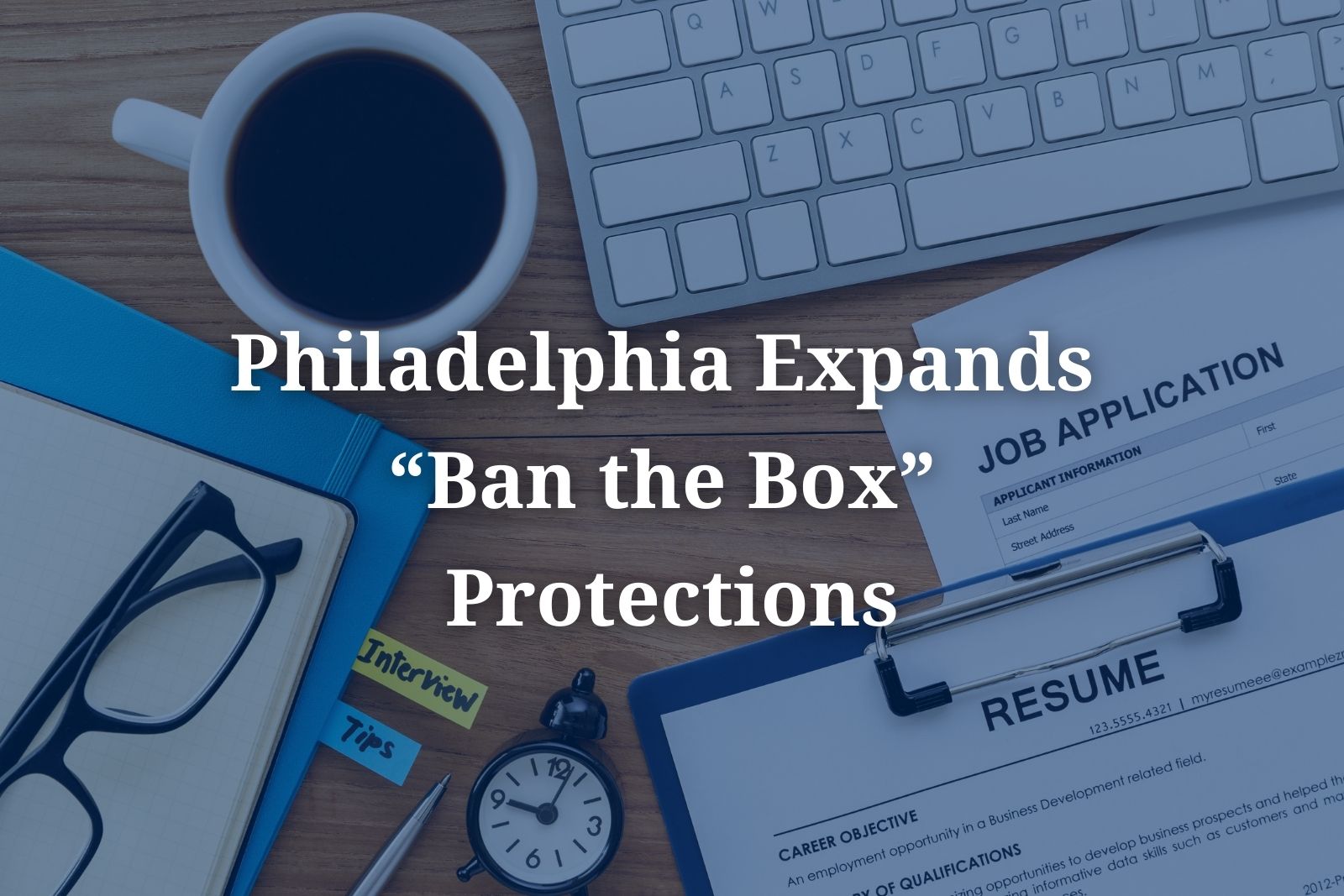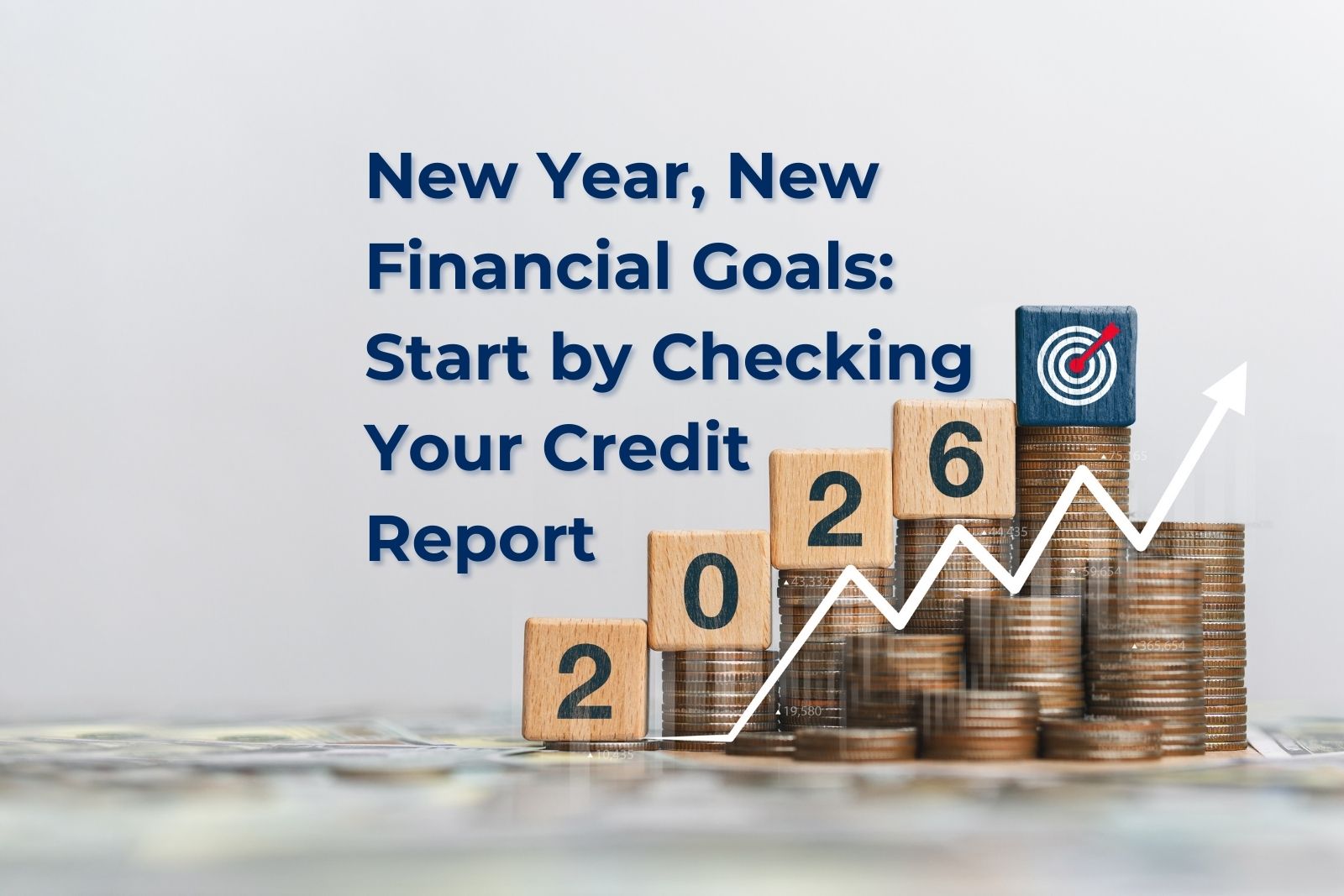Understanding How Human Trafficking Impacts a Victim’s Credit and Financial Life
Human trafficking is a serious crime that involves the exploitation of people for labor, sex, or other purposes. Victims of human trafficking often face physical, emotional, and financial abuse from their traffickers, who may use their identity and credit information to open accounts, take out loans, or incur debts in their name. This can damage their credit history and make it harder for them to access financial services, housing, education, and employment opportunities.
What Is the FCRA Human Trafficking Rule?
Fortunately, there is a new rule that can help victims of human trafficking protect their credit and rebuild their financial stability. Congress amended the FCRA via the Debt Bondage Repair Act (part of the National Defense Authorization Act for Fiscal Year 2022, “NDAA 2022”). The Consumer Financial Protection Bureau (CFPB) then implemented the rule (under 15 U.S.C. § 1681c-3) which prohibits consumer reporting agencies (CRAs), such as Equifax, Experian, and TransUnion, from furnishing a consumer report containing any adverse item of information that resulted from certain types of human trafficking.
Documentation Victims Can Submit to Credit Reporting Agencies
The rule also establishes a method for victims of trafficking to submit documentation to CRAs, including information identifying any adverse item of information about them that resulted from severe forms of trafficking in persons or sex trafficking. The documentation can include a certification from a qualified individual or organization that attests to the victim’s status, documents that are filed in a court case regarding the trafficking of the victim, or other documents establishing that the individual was a victim. The CFPB has provided a model form that victims can use to submit their documentation, and we can assist with the dispute process.
How Credit Reporting Agencies Must Respond Under the Rule
Once a CRA receives the documentation, it must review it and make a determination within 15 days. If the CRA determines that the documentation is valid and complete, it must remove or suppress the adverse item from the consumer’s file and notify the victim of its decision. The CRA must also notify any person who received a consumer report containing the adverse item in the past two years of the change.
Why This Rule Matters for Survivors Rebuilding Their Financial Lives
The FCRA Human Trafficking Rule is a significant step towards helping victims of human trafficking recover from their ordeal and regain control over their finances. By preventing CRAs from furnishing consumer reports with adverse items that resulted from trafficking, the rule can help victims avoid being denied credit, housing, employment, or other opportunities because of their traffickers’ actions. The rule also empowers victims to submit documentation to CRAs and challenge any inaccurate or incomplete information in their credit files. These new FCRA/Reg V protections provide an avenue for addressing the negative reporting consequences of trafficking — helping survivors rebuild financial stability and autonomy.
HOW WE CAN HELP
If you need assistance in disputing accounts that are the result of trafficking or if a CRA has refused to comply with its obligations to delete or suppress those accounts, please contact us at 1-866-735-8600. You are not alone, and you deserve to have your rights and your financial future restored.
FCRA Human Trafficking Rule FAQ
What is the FCRA Human Trafficking Rule?
It is a federal rule that prevents credit reporting agencies from including negative information on a survivor’s credit report if it resulted from human trafficking.
What types of credit items can be removed?
Any adverse item — including loans, accounts, collections, or debts — that was created or used by a trafficker can be removed or suppressed.
How do survivors prove the information came from trafficking?
Documentation can include certifications from qualified professionals, court records, or other documents showing the individual was a victim. The CFPB provides a model form for submitting this documentation.
How long do credit bureaus have to respond?
Credit reporting agencies must review the documentation and make a determination within 15 days.
Will anyone who previously received my report be notified?
Yes. Credit reporting agencies must notify anyone who accessed your report in the past two years if the adverse information has been removed or suppressed.
Does this process cost anything?
No. Submitting documentation to credit reporting agencies is free, and legal help is often available at no cost to the survivor.
What if a credit bureau refuses to remove the information?
Survivors have rights under the FCRA. If a credit reporting agency refuses to comply, an attorney can help dispute the information and protect your rights.
Can this rule help victims rebuild their financial life?
Yes. Clearing trafficking-related credit damage helps survivors access credit, housing, employment, and other opportunities essential for financial stability.
Where can I get help with this process?
You can call 1-866-735-8600 for assistance disputing trafficking-related accounts or if a credit bureau is not following the law.



